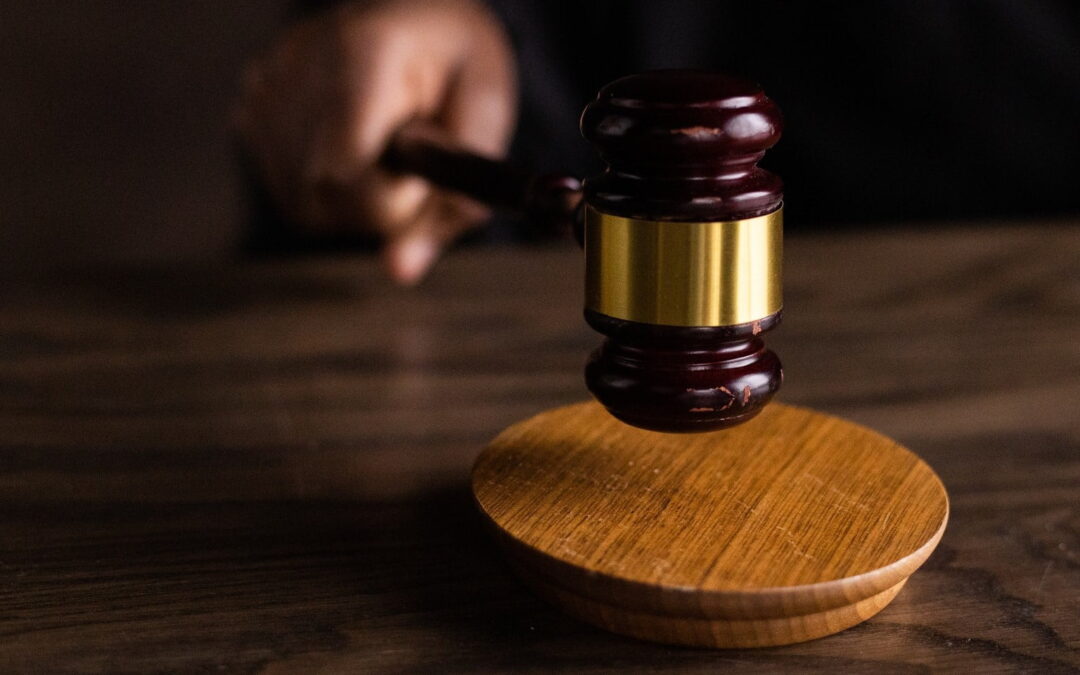
The importance of legal documentation in protecting rights In this article, we highlight the importance of legal documentation in ensuring the protection of personal and commercial rights. Documentation is one of the basic tools for avoiding disputes and ensuring the implementation of obligations between parties. Legal documentation is one of the most important tools that contribute to protecting the legal rights of an individual or entity in various fields. Whether in commercial, personal, or family contexts, documentation enhances legal protection and ensures the implementation of rights in a legal and safe manner. In this article, we will discuss the importance of legal documentation and its effective impact in ensuring justice and protecting rights. 1. Ensuring and protecting rights Legal documentation is an essential step in ensuring the protection of rights, as it constitutes a reliable legal document that can be referred to in the event of a dispute or legal dispute. For example, in the event of a contract between two parties, whether a sales contract or an employment contract, documenting the contract is a guarantee that the parties concerned will abide by its terms, and the affected party can resort to the judiciary in the event that the agreed terms are not implemented. By virtue of documentation, it becomes possible to guarantee the rights of individuals by proving agreements or obligations agreed between parties.
Preventing legal disputes. Legal documentation helps avoid future legal disputes. Clear and detailed documentation can prevent misunderstandings between parties and reduce the potential for tampering or confusion about agreements. For example, documenting the employment contract between the employer and the employee clarifies the rights and duties of both parties, thus protecting them from any disputes that may arise in the future regarding wages, working hours, or working conditions.


Enhancing trust between parties. Legal documentation enhances trust between contracting parties, as it constitutes a legal guarantee that there is a clear mechanism to resolve any disputes that may arise in the future. For example, in the context of business transactions, legal documentation is an essential part of building trust between business partners. Through legal documents supported by certificates and evidence, concerns regarding the implementation of agreements and obligations can be reduced.
Enhancing legal security through documentation, individuals and companies can guarantee their rights in all legal transactions. Documentation helps ensure that financial transactions, sanctions, or commercial agreements are conducted in accordance with the law. Thus, documentation contributes to enhancing the legal security of customers, as it reduces the legal risks that may arise from the lack of official documents or documented agreements.


Accelerating litigation and implementation procedures When rights are legally documented, litigation or implementation procedures become easier and clearer. Legal documents clarify the rights and obligations of the parties and simplify the litigation process. For example, in the case of a dispute over the ownership of a property, documenting the sales contract or lease contract can contribute in accelerating the trial process and provide the necessary evidence that support the case.
Intellectual Property Protection In the innovation and technology era, intellectual property protection has become a priority that must be documented. Innovations such as inventions, literary and artistic works, and patents require legal documentation to protect them from theft or infringement. The documentation process includes registering rights with the competent authorities, which allows rights holders the necessary legal protection, whether by suing anyone who invades their intellectual property or by negotiating its use.


Emergency Protection In many cases, individuals or entities may encounter emergency situations that require resorting to legal documents to protect their rights. For example, in the event of the death of one party, a will or notarized contracts can ensure that property is distributed as agreed upon. Likewise, in the event of corporate bankruptcy or changes in the management structure, documentation is essential to ensure that the necessary legal procedures are carried out.
Documentation is a tool for legal compliance. Many laws in different countries require individuals and companies to follow specific legal procedures.
Legal documentation helps individuals and companies comply with these laws, whether in matters of taxes, business licenses, or employee rights.
Proper compliance with laws not only helps avoid legal violations, but also enhances the reputation of individuals or companies in the community. Conclusion: In conclusion, legal documentation is a vital tool for protecting rights, whether personal or commercial rights.

Through documentation, the preservation of rights is ensured and transparency is enhanced, which helps in avoiding disputes and resolving them in an orderly, legal manner. Documentation improves trust between parties, enhances the stability of commercial and personal transactions, and provides access to fair and quick legal solutions in emergency situations.


